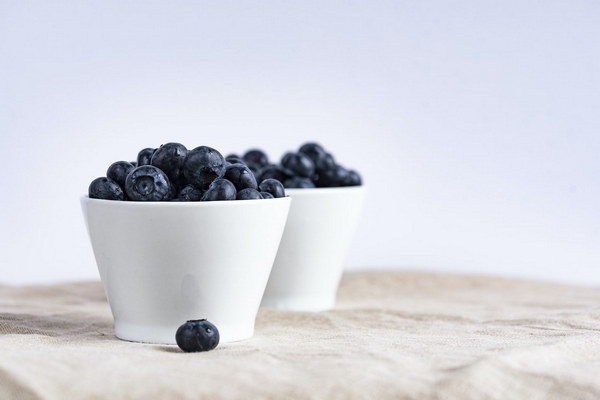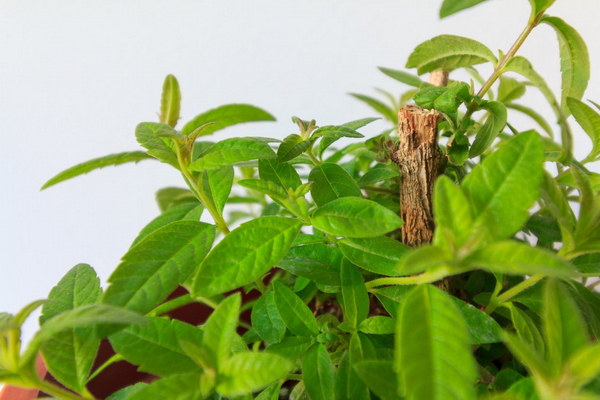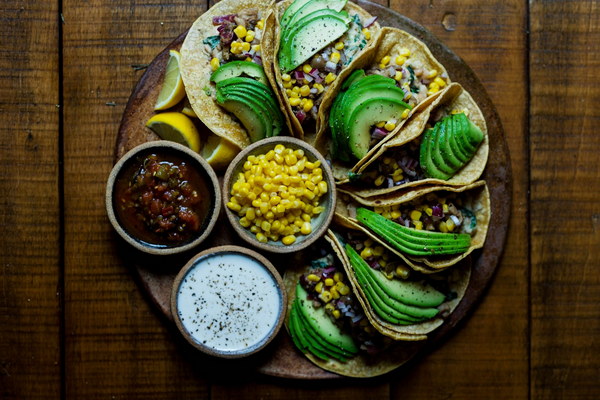Dietary Choices for Asthma Management What to Eat for Optimal Health
Asthma, a chronic respiratory condition, affects millions of people worldwide. While medication is crucial in managing asthma symptoms, dietary adjustments can also play a significant role in improving overall health and reducing asthma exacerbations. This article explores the best foods to incorporate into your diet for optimal asthma management.
1. Anti-inflammatory Foods
Inflammation is a common factor in asthma. Consuming anti-inflammatory foods can help reduce inflammation and alleviate asthma symptoms. Some of these foods include:
- Fatty fish: Rich in omega-3 fatty acids, fatty fish like salmon, mackerel, and sardines can help reduce inflammation and improve lung function.
- Berries: Berries, such as strawberries, blueberries, and raspberries, contain antioxidants and anti-inflammatory properties that can help reduce asthma symptoms.
- Leafy greens: Dark leafy greens, like spinach, kale, and collard greens, are packed with vitamins, minerals, and antioxidants that can help combat inflammation.
- Nuts and seeds: Almonds, walnuts, chia seeds, and flaxseeds are excellent sources of omega-3 fatty acids and antioxidants, which can help reduce inflammation.
2. Foods High in Vitamin D
Vitamin D is essential for maintaining healthy lungs and reducing asthma symptoms. Foods rich in vitamin D include:
- Fatty fish: Similar to omega-3 fatty acids, fatty fish like salmon, mackerel, and tuna are high in vitamin D.
- Egg yolks: Egg yolks are another good source of vitamin D.
- Fortified milk: Fortified milk is often fortified with vitamin D, making it an excellent choice for those looking to increase their intake of this essential nutrient.
- Orange juice: Some brands of orange juice are fortified with vitamin D, providing an additional source of this nutrient.
3. Foods High in Magnesium
Magnesium plays a crucial role in relaxing the muscles of the airways, which can help reduce asthma symptoms. Foods high in magnesium include:
- Dark chocolate: Dark chocolate contains magnesium and antioxidants, making it a delicious way to support asthma management.

- Almonds: Almonds are an excellent source of magnesium and healthy fats.
- Spinach: Spinach is rich in magnesium and other essential nutrients.
- Avocado: Avocado is not only high in magnesium but also contains healthy fats and fiber.
4. Foods High in Vitamin C
Vitamin C is known for its immune-boosting properties, which can help reduce the frequency and severity of asthma attacks. Foods high in vitamin C include:
- Citrus fruits: Oranges, grapefruits, and lemons are all excellent sources of vitamin C.
- Kiwi: Kiwis are high in vitamin C and other nutrients, making them a great addition to your diet.
- Berries: Berries, such as strawberries, blueberries, and cranberries, are high in vitamin C and antioxidants.
- Red bell peppers: Red bell peppers are a good source of vitamin C and other nutrients.
5. Foods High in Prebiotics and Probiotics
A healthy gut microbiome can play a significant role in managing asthma symptoms. Foods high in prebiotics and probiotics include:
- Fermented foods: Yogurt, kefir, sauerkraut, and kimchi are all excellent sources of probiotics and can help support a healthy gut.
- Garlic: Garlic is rich in prebiotics and has been shown to reduce asthma symptoms in some studies.
- Onions: Onions are another prebiotic-rich food that can support gut health.
- Artichokes: Artichokes contain prebiotics and can help improve gut health.
In conclusion, incorporating these foods into your diet can help manage asthma symptoms and improve overall health. However, it's important to consult with a healthcare professional before making significant changes to your diet, especially if you have specific dietary restrictions or allergies. With the right dietary adjustments and medication management, you can enjoy a better quality of life with asthma.









